Daniel Graff & Andreas Wittmann
Developing an AI.SDK
#1about 3 minutes
The complexity of AI in safety-critical automotive software
AI introduces a new dimension of complexity to automotive software, requiring both an AI.SDK for development and an AI Runtime for in-car execution.
#2about 5 minutes
Overview of the data-driven development lifecycle for cars
The end-to-end machine learning loop involves cloud-based data processing, training, and optimization, followed by in-car deployment, inference, and monitoring.
#3about 7 minutes
The role of the AI runtime in the VW.OS
The AI Runtime Environment abstracts hardware and manages optimized model inference within the centralized Volkswagen Operating System (VW.OS).
#4about 1 minute
Comparing platform-dependent and independent model deployment strategies
Models can be deployed as a standard format like ONNX for on-device compilation or as a pre-compiled binary from the cloud for direct execution.
#5about 3 minutes
Why a unified AI.SDK is essential for automotive development
An AI.SDK provides a standardized and abstracted way to develop applications, tackling the challenges of AI safety and a heterogeneous hardware landscape.
#6about 6 minutes
Standardizing data preparation and management in the AI.SDK
The data preparation component of the SDK standardizes pre-processing, ensures data consistency, and enriches metadata to enable traceability and active learning.
#7about 4 minutes
Evaluating model performance and robustness with dedicated libraries
The AI.SDK includes components for performance evaluation and adversarial robustness checks, using a dedicated DNN test metric library for standardization.
#8about 2 minutes
Productionizing models through compression and hardware-aware optimization
The productionization step uses techniques like compression, quantization, and neural architecture search to reduce model size and improve inference time on target hardware.
#9about 6 minutes
Skills and challenges of working with automotive AI
Working in automotive AI requires a mix of software, hardware, and statistics skills to tackle challenges like massive data volumes and embedded system constraints.
#10about 2 minutes
Tooling, hiring, and how to get involved
The team uses standard MLOps tools like TensorFlow, PyTorch, and MLflow on the Azure cloud and is actively hiring for open positions.
Related jobs
Jobs that call for the skills explored in this talk.
Matching moments

35:01 MIN
Discussing the future of AI in development workflows
Boost Productivity with AI: Figma & Playwright MCP Workflows - Aris Markogiannakis
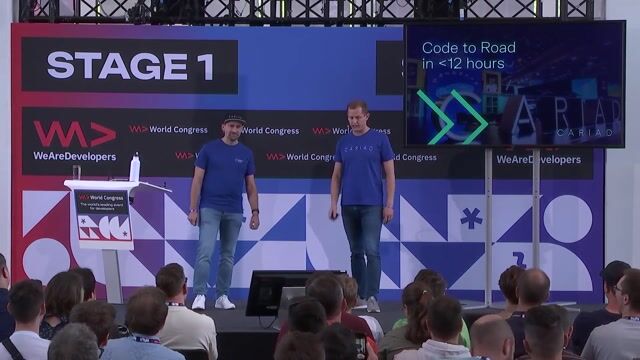
00:18 MIN
Introducing the CARIAD and Bosch automated driving alliance
Code to Road in < 12 hours

10:55 MIN
Implementing responsible AI with governance and sandboxing
Beyond the Hype: Real-World AI Strategies Panel

04:44 MIN
Using AI to boost developer productivity at Mercedes-Benz
Beyond the Hype: Real-World AI Strategies Panel
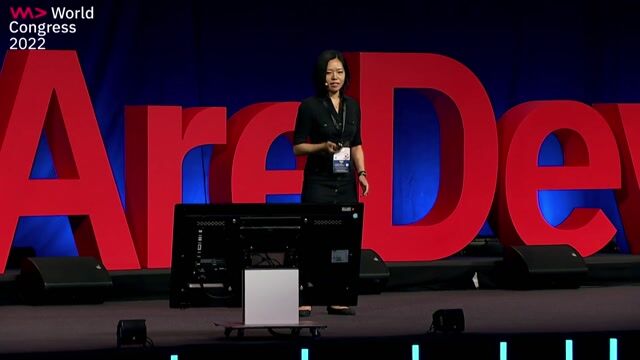
00:54 MIN
Introducing Cariad and its unified software platform
Finding the unknown unknowns: intelligent data collection for autonomous driving development
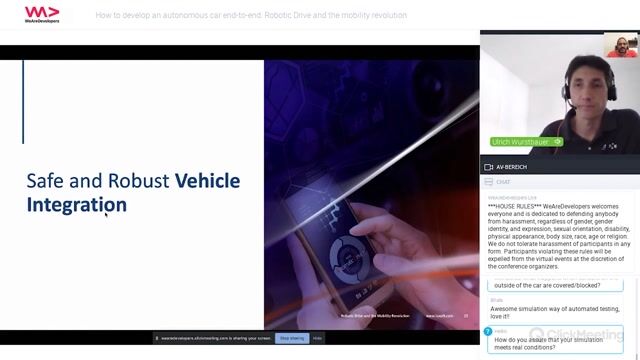
42:06 MIN
Integrating autonomous software into complex vehicle hardware
How to develop an autonomous car end-to-end: Robotic Drive and the mobility revolution
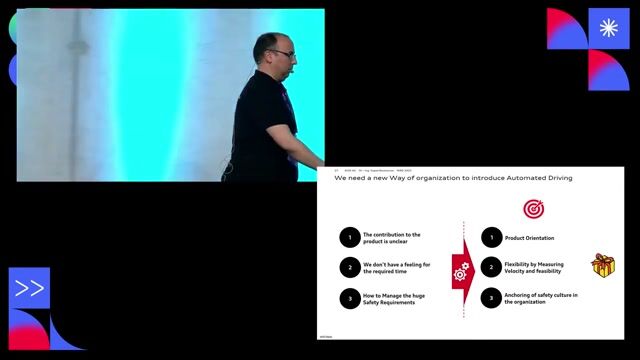
29:07 MIN
The multidisciplinary future of automated driving development
Automated Driving - Why is it so hard to introduce
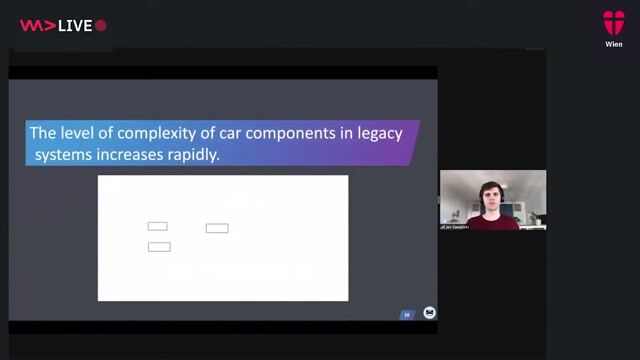
17:57 MIN
Challenge two: Adapting legacy architectures and processes
How Machine Learning is turning the Automotive Industry upside down
Featured Partners
Related Videos
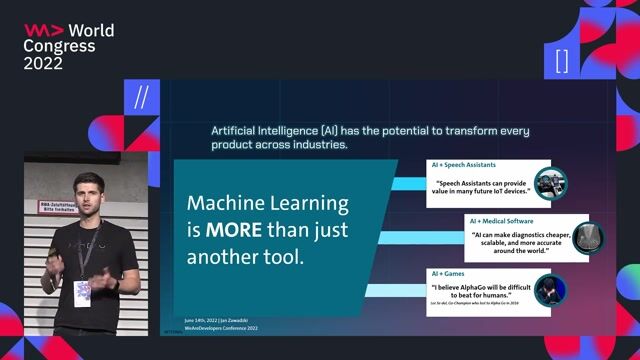 48:01
48:01What non-automotive Machine Learning projects can learn from automotive Machine Learning projects
Jan Zawadzki
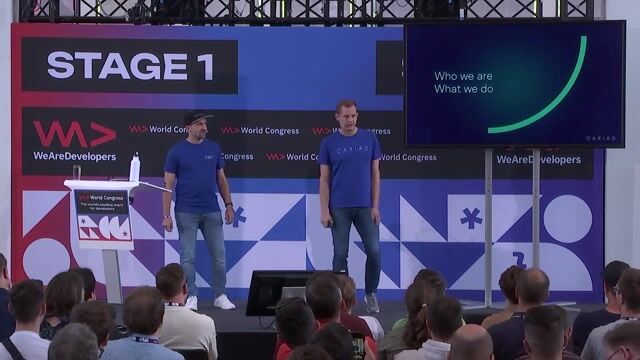 30:13
30:13Code to Road in < 12 hours
Sebastian Roßner & Lukas Sucher
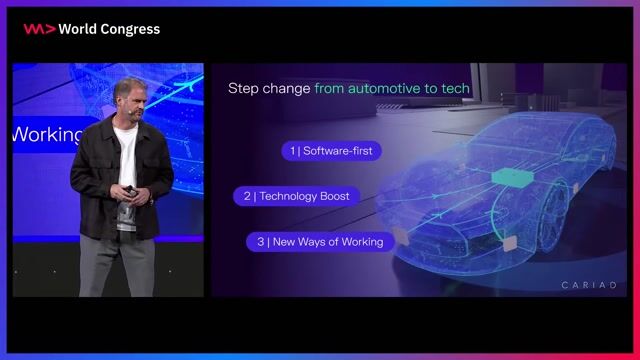 27:17
27:17Software defines the vehicle: Why customers and developers will love cars even more
Peter Bosch
 24:07
24:07Beyond the Hype: Real-World AI Strategies Panel
Mike Butcher, Jürgen Müller, Katrin Lehmann & Tobias Regenfuss
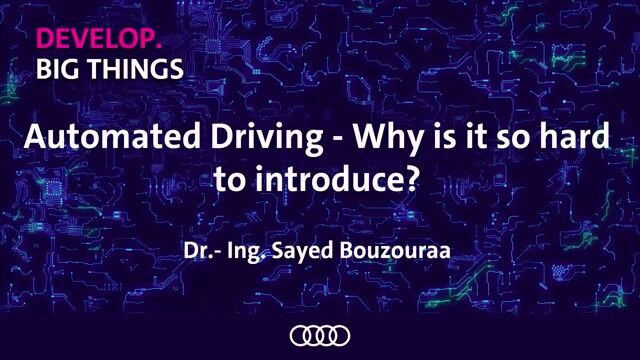 31:23
31:23Automated Driving - Why is it so hard to introduce
Sayed Bouzouraa
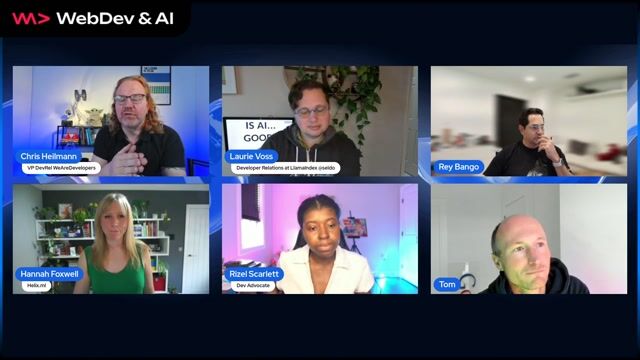 47:35
47:35Panel discussion: Developing in an AI world - are we all demoted to reviewers? WeAreDevelopers WebDev & AI Day March2025
Laurie Voss, Rey Bango, Hannah Foxwell, Rizel Scarlett & Thomas Steiner
 18:05
18:05Software is the New Fuel, AI the New Horsepower - Pioneering New Paths at Mercedes-Benz
Katrin Lehmann & Magnus Östberg
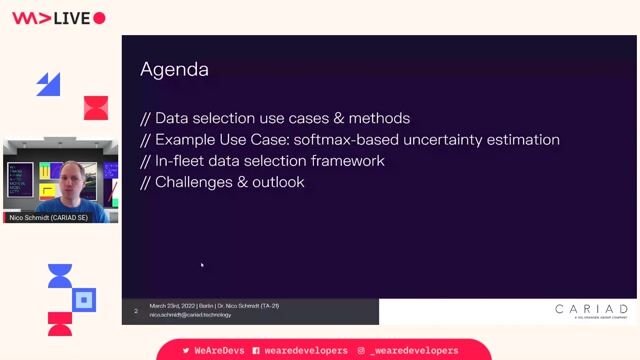 52:10
52:10Intelligent Data Selection for Continual Learning of AI Functions
Nico Schmidt
Related Articles
View all articles



From learning to earning
Jobs that call for the skills explored in this talk.

Embedded Softwareentwickler (m/w/d)
Arnold NextG GmbH
München, Germany
Intermediate
Embedded C
Functional safety

Machine Learning & Data Engineer - AI for Autonomous Systems
RIB Deutschland GmbH
Stuttgart, Germany
Python
Machine Learning

Software Entwickler AI/Machine Learning
MegaPart GmbH
Regensburg, Germany
C++
Python
Matlab
Data analysis
Machine Learning


Softwareentwickler - AI / Data Science
altona Diagnostics GmbH
Hamburg, Germany
NumPy
SciPy
Keras
Python
Pandas
+6




AI & Embedded ML Engineer (Real-Time Edge Optimization)
autonomous-teaming
Canton of Toulouse-5, France
Remote
C++
GIT
Linux
Python
+1